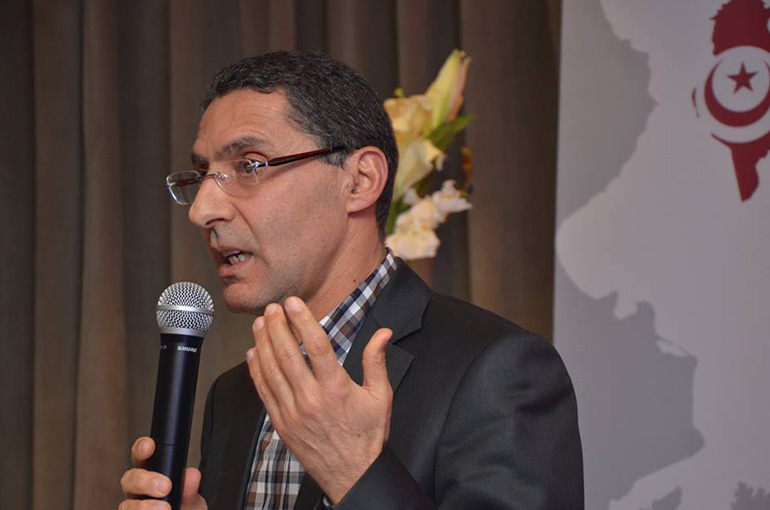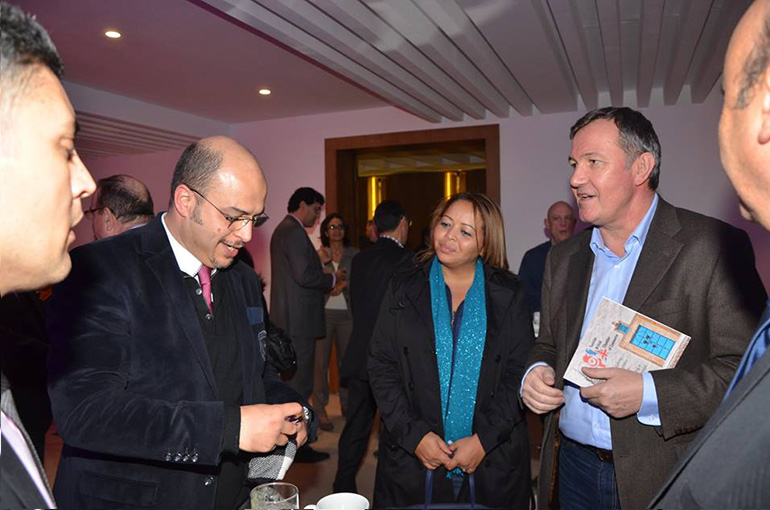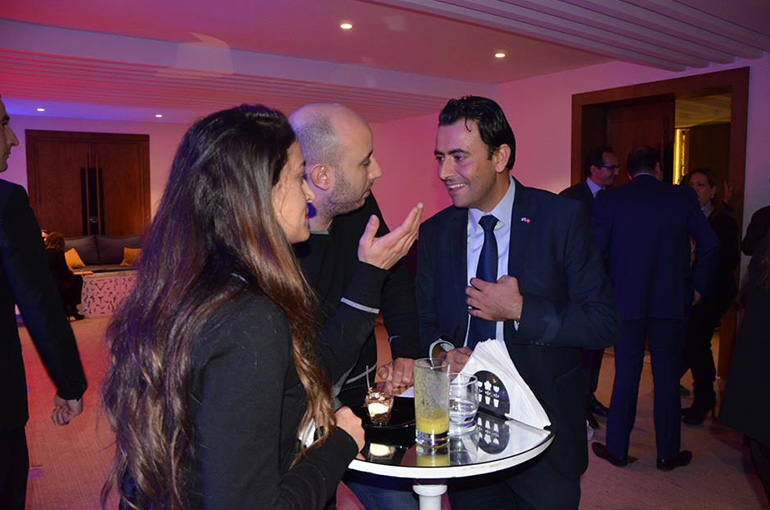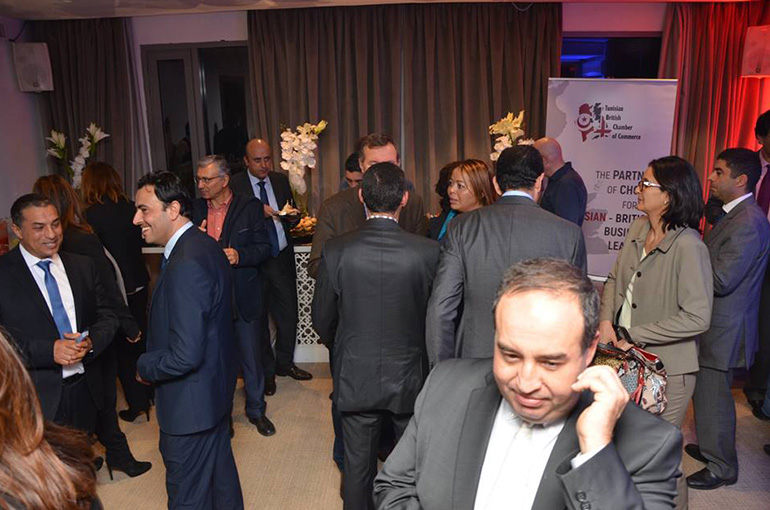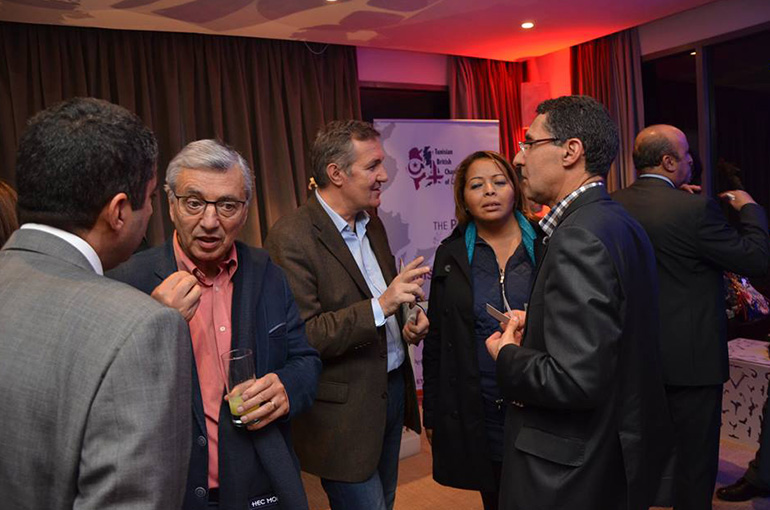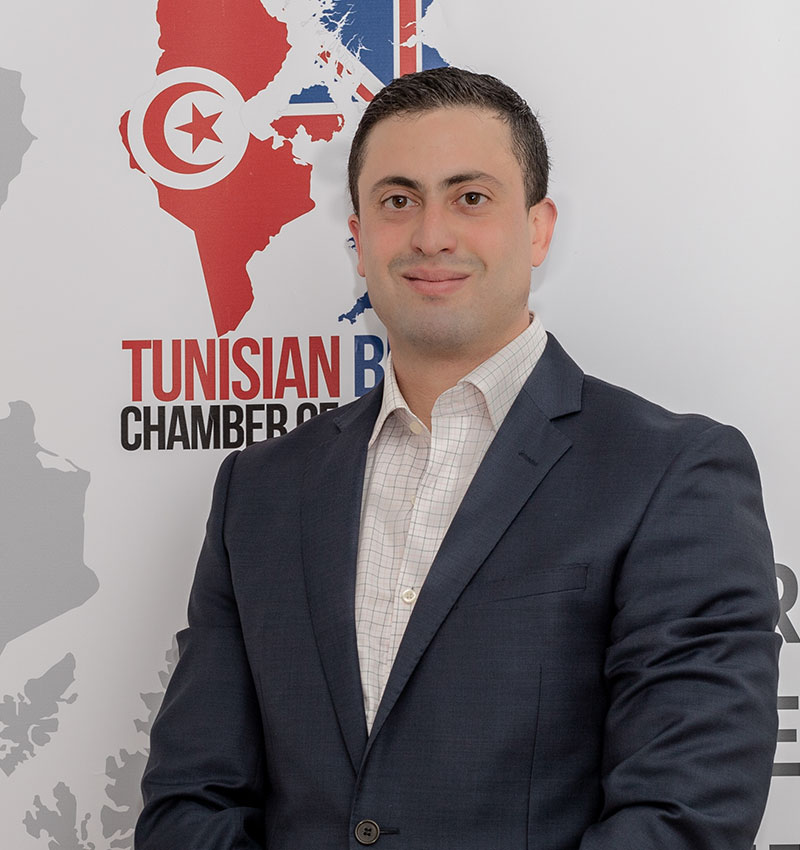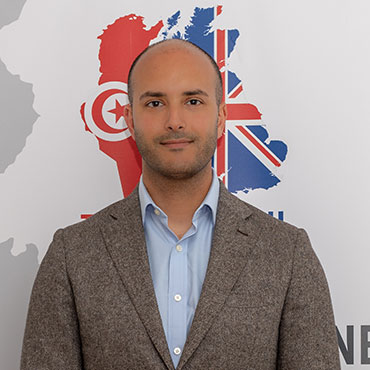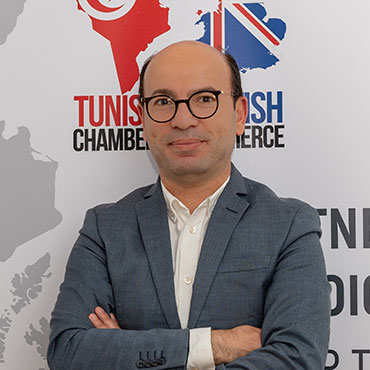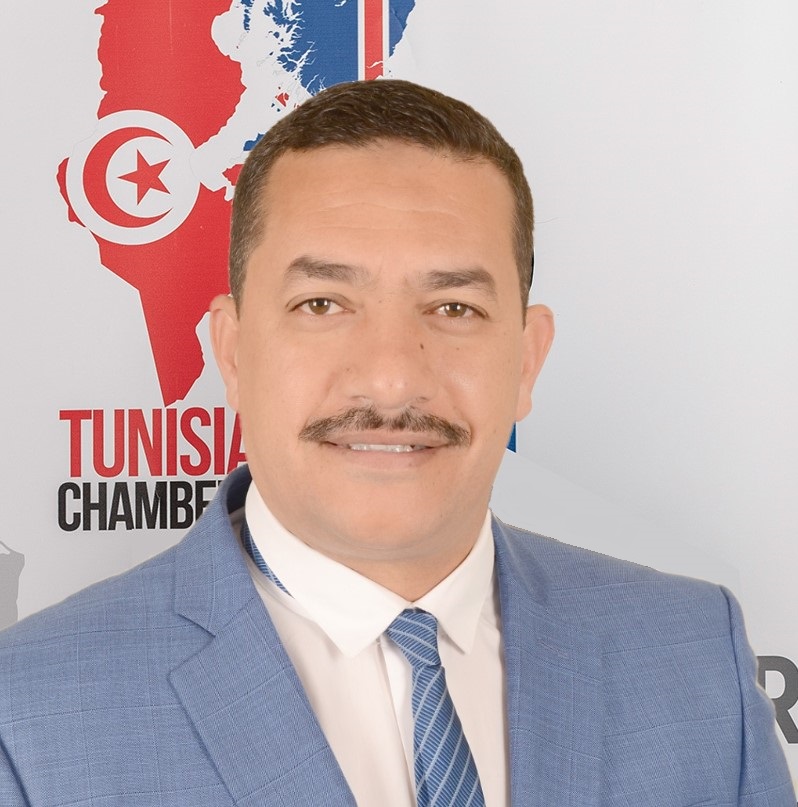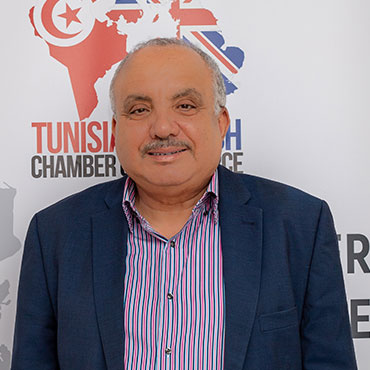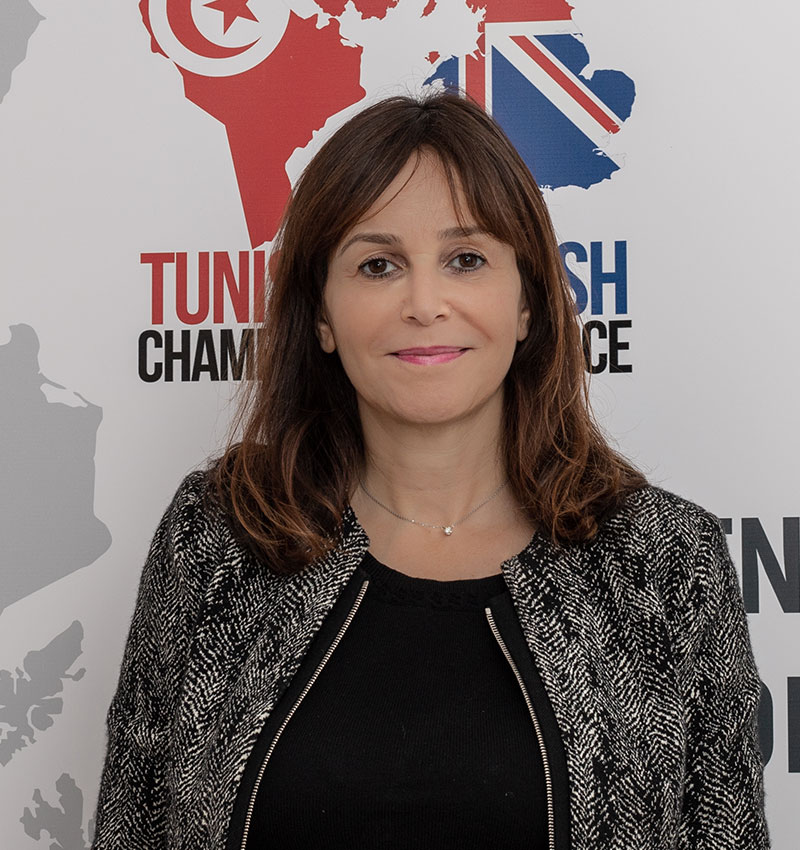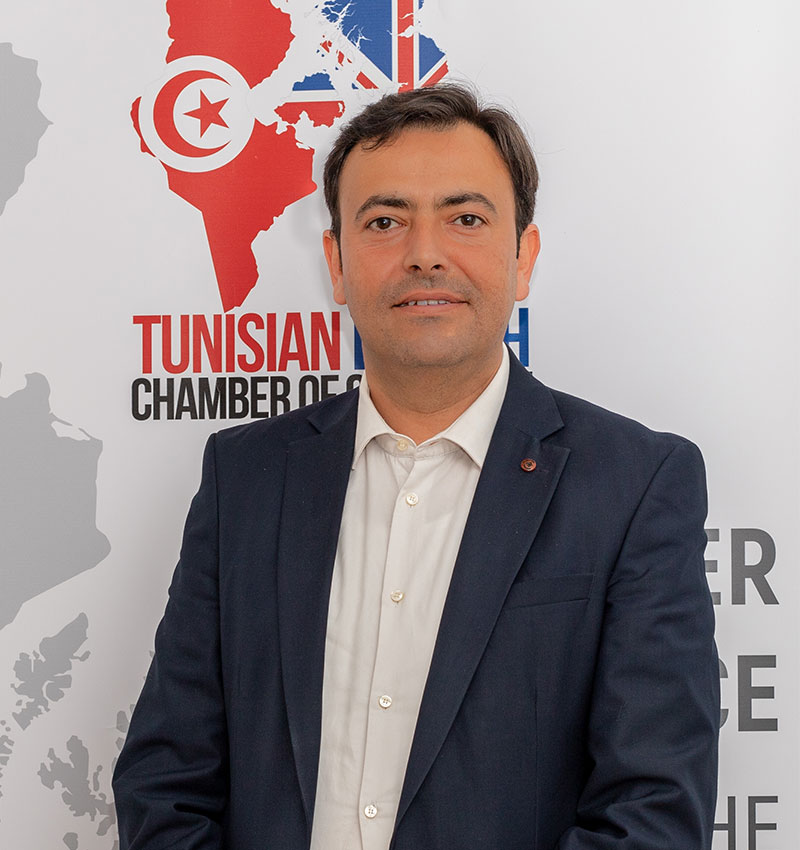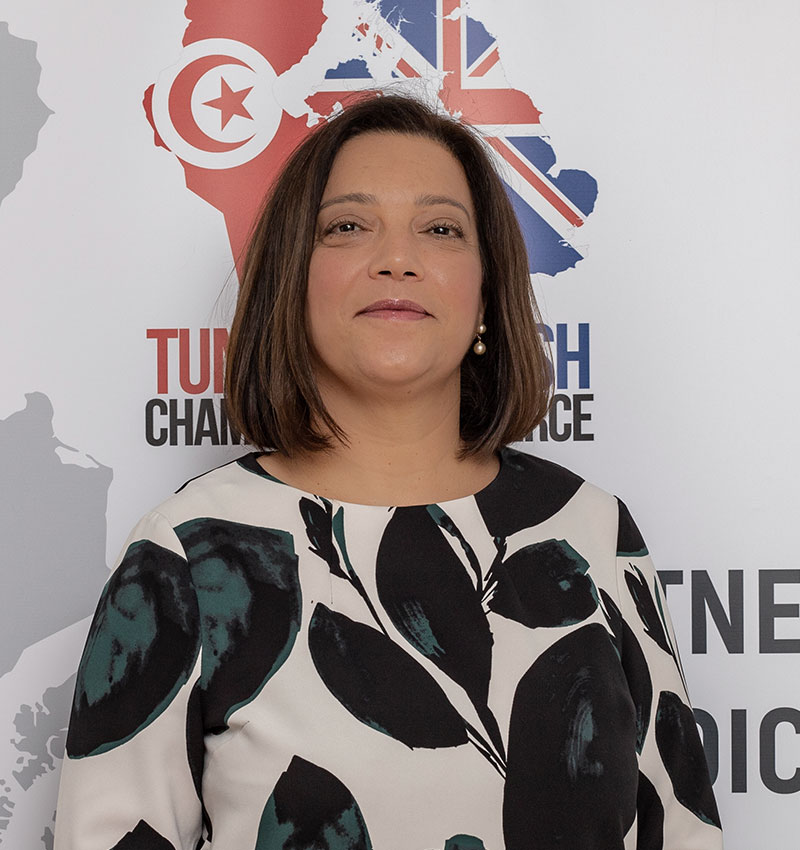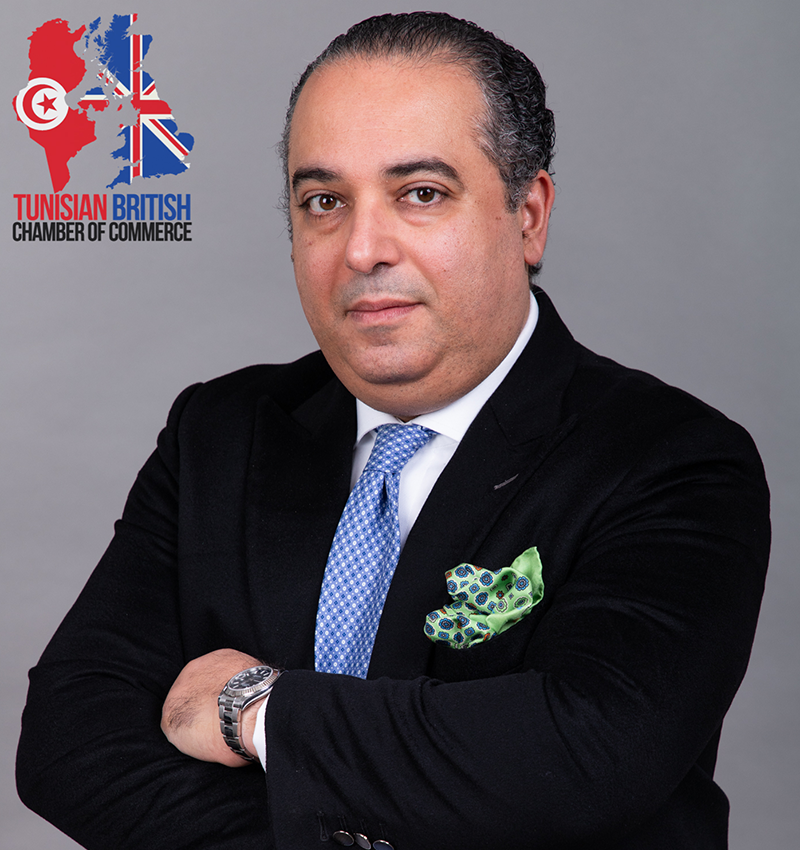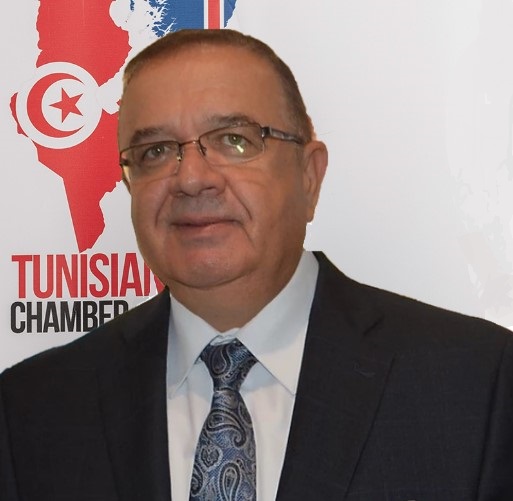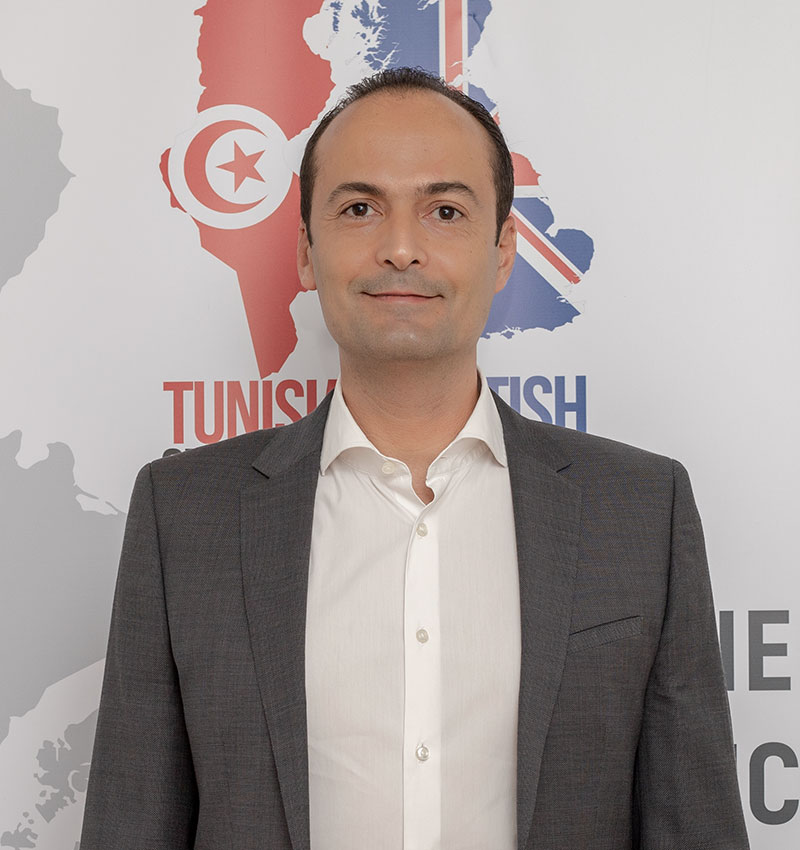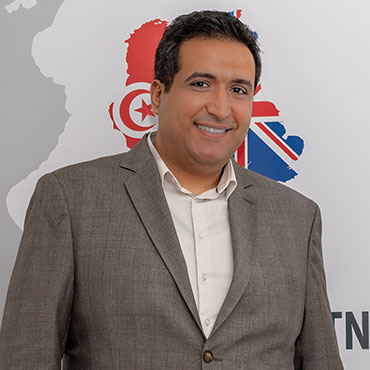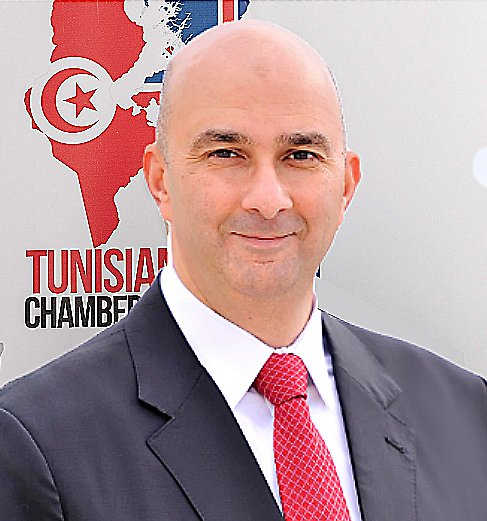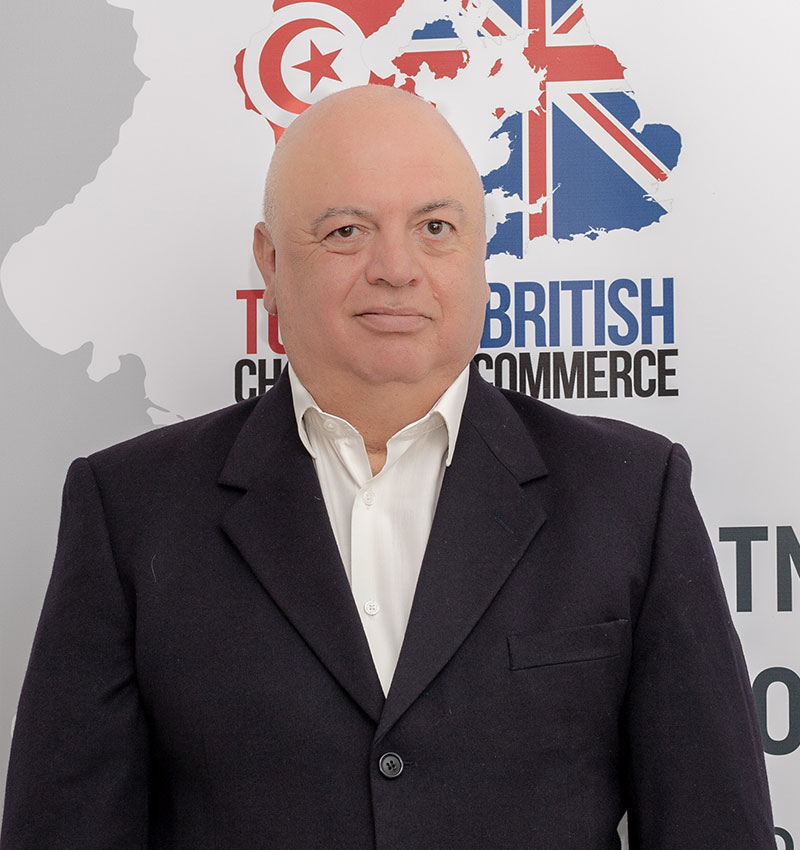
The Tunisian Chamber of Commerce (TBCC) organized a Tea Party on Friday 3 February 2017 in Tunis. During the meeting, Mr. Skander Ben Mustapha, Project Manager of the Business Reform & Competitiveness Project (BRCP) presented the project on the Enterprise Reform and Competitiveness Enhancement under a recent agreement Between TBCC and BRCP.
This agreement aims to assist companies in terms of technical assistance in order to improve their competitiveness and strengthen their export capacities with the ultimate goal to create new jobs.
Eligible members of the Tunisian-British Chamber of Commerce (TBCC) will benefit from a program of technical and financial assistance, assistance in structuring their prospecting and export development, and participation in Workshops, conferences and roundtables co-organized by TBCC and BRCP.
In his presentation on the economic situation in Tunisia, Mr Noureddine Hajji, Managing Partner of Ernst & Young Tunisia, highlighted the macroeconomic aggregates that have remained unchanged since the 2011 revolution: slowing growth rate (1.5% per year over the period of 2011-2016 compared to 4.9% between 1991-2010), an increase in the budget deficit (from 1 to 2% in 2010 to 5.7% in 2016) (63% of GDP by the end of 2016), a decline in the level of investment (from 25% of GDP in 2010 to 19% in 2015) and a contraction of FDI (decrease rate of 8% per year since 2012 and likely to reach 1.8 billion TND by the end of 2016). 2
Mr Hajji explained the reasons for these indicators, both by the unfavorable political, social and security context, but also by the obstacles encountered by business leaders in the operational conduct of their business and the realization of their investment projects . He mentioned in particular the cumbersome administrative procedures, the complexity and inefficiency of the institutional framework of investment, the level of the informal economy and the proliferation of corruption.
As for the positive aspect of the economic side, since the revolution, Mr Hajji highlighted the resilience of private sector companies and their level of competitiveness, the emergence of a new class of talented young entrepreneurs with highly innovative microprojects boosted by the development of microfinance and the associative fabric in social and solidarity economy. These factors constitute, according to him, determining assets for the future of the Tunisian economy. Tunisia started the year 2017 as the first country in Africa in innovation (45th at world level) and first country in Africa in Entrepreneurship (42nd at world level)
Mr Hajji ended his presentation by highlighting the will of the public authorities to stop the public finances hemorrhage, the affirmation of economic recovery as a high priority of the government, the activation of structural reforms including investment framework and the enthusiasm conveyed by the Tunisia 2020 conference. He concludes that the economic outlook can be positive to very positive, depending on the speed of execution of the reforms and the climate of trust which will attract both local and international business communities.
This event, which is part of the TBCC activities to develop the network of its members, was also an opportunity for its President, Mehdi Ben Abdallah, to give an overview of some of the chamber’s achievements since the last general assembly of March 2016




